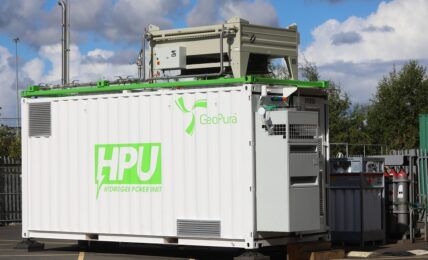Retail giant Walmart U.S. announced a series of actions aimed at promoting pollinator health, including encouraging suppliers to reduce pesticide use and to protect pollinator habitats. The new initiatives form part of the company’s commitment to protect, manage or restore at least 50 million acres of land and one million square miles of ocean by 2030, announced by the company last year.
According to Walmart, about 75% of the world’s major crops are dependent on pollinators, and they contribute to the subsistence agricultural production that feeds many millions of people. Pollinator populations have been in substantial decline in recent years, however, due to factors such as land-use change, intensive agricultural management and pesticide use, environmental pollution, invasive alien species, pathogens and climate change.
In a statement announcing the new commitments, Martin Mundo, SVP, General Merchandise Manager, Produce and Global Produce Sourcing, Walmart U.S., said:
“To help improve pollinator health and biodiversity in the regions in which we operate, Walmart U.S. is announcing new pollinator commitments that will further our efforts to help reverse nature loss and ultimately bring us closer to meeting new nature commitments made by Walmart and the Walmart Foundation. We have invited our suppliers, stakeholders and customers to join us on this journey as we continue to take action to help protect our planet.”
Walmart U.S.’s new commitments include source 100% of the fresh produce and floral sold in its in-store Produce department from suppliers that adopt integrated pest management practices, as verified by a third-party, by 2025. The company will encourage fresh produce suppliers to report their pesticide application and biodiversity management annually, as well as encouraging fresh produce suppliers to phase out use of chlorpyrifos and nitroguanidine neonicotinoids.
The company also said that it will encourage fresh produce suppliers to protect, restore or establish pollinator habitats by 2025 on at least 3% of land they own, operate and/or invest in, and live-plant suppliers to label pollinator-friendly plants. In addition, Walmart will explore opportunities to incorporate pollinator habitat on its own real estate or in local communities, and will help educate customers about pollinator plants for home gardens.
Mundo added:
“Driving the scale of our collective pollinator commitments through our supply chain can create industry-leading changes and have a significant positive impact for the future of our planet.”
The post Walmart Pushes Reduced Pesticide Use by Suppliers to Protect Pollinators appeared first on ESG Today.



